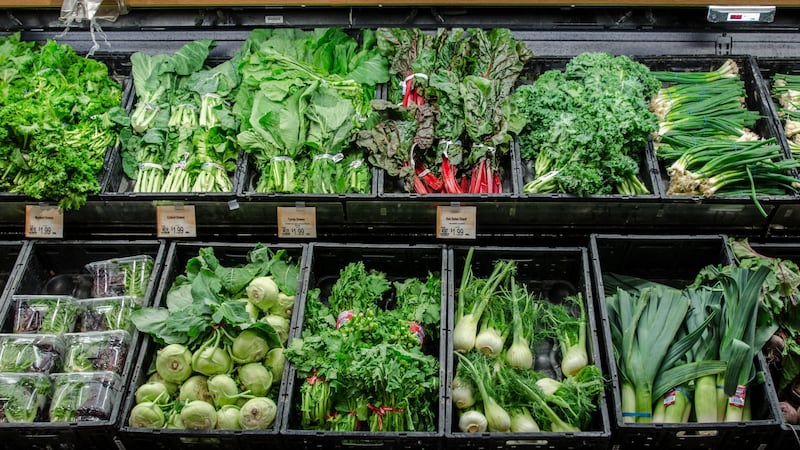WW presents "Distant Voices," a daily video interview for the era of social distancing. Our reporters are asking Portlanders what they're doing during quarantine.
As Kheoshi Owens admits, the nonprofit Equitable Giving Circle was borne from conflict.
"We were part of this women entrepreneurship group, and it was predominantly white women," says Owens, a racial equity consultant and founding member of the organization, "and some of the Black women were getting silent."
When it launched in January, the Equitable Giving Circle's initial focus was on supporting entrepreneurship in the Portland BIPOC community. With the onset of COVID-19, feeding those in need jumped to the top of its list of priorities.
In just eight weeks, the group partnered with BIPOC-owned farms in the Portland area and raised $600,000 in order to provide free weekly, health-focused meal boxes to 400 families. It happened fast, but as Owens says, that's what happens when your organization is run by Black women.
"We don't wait for legislation," she says. "When we see there's a need for something, we respond."
In this interview, Owens and fellow EGC founding member Dyvisha Gordon discuss how food insecurity specifically impacts BIPOC families, and how they've sought out people in need—a process that sometimes involves simply asking a stranger, "Hey, do you need to some food?"
See more Distant Voices interviews here.
